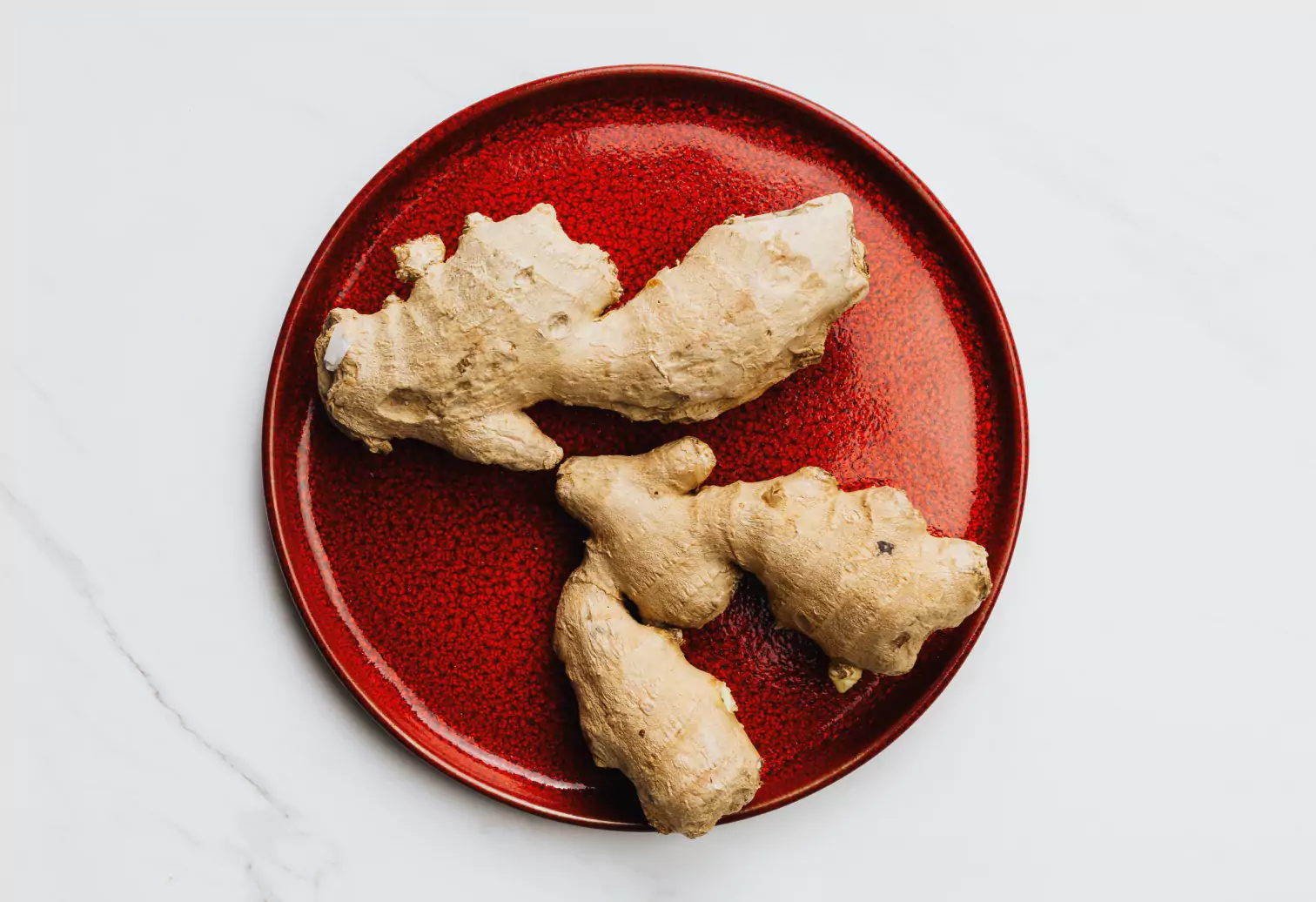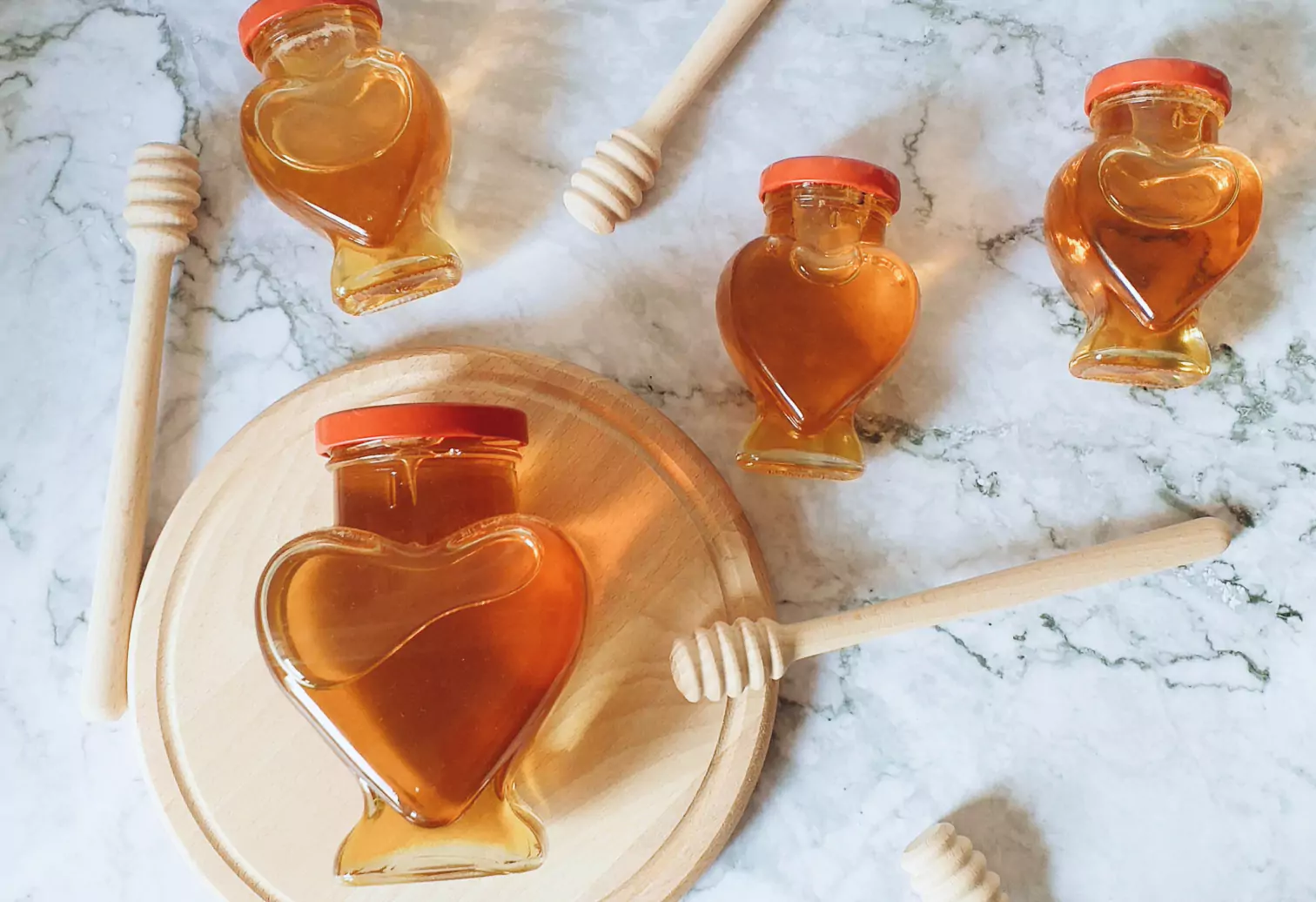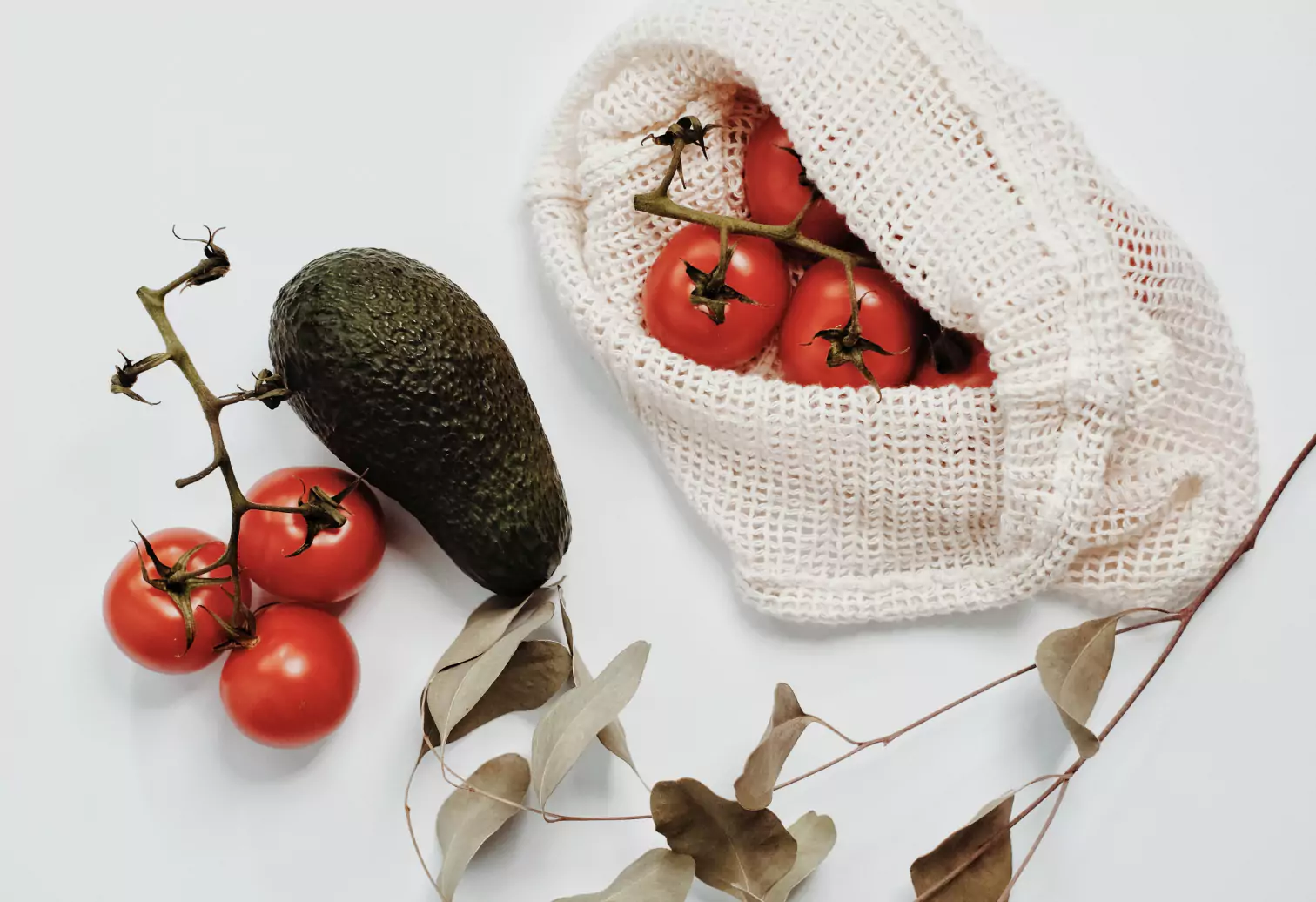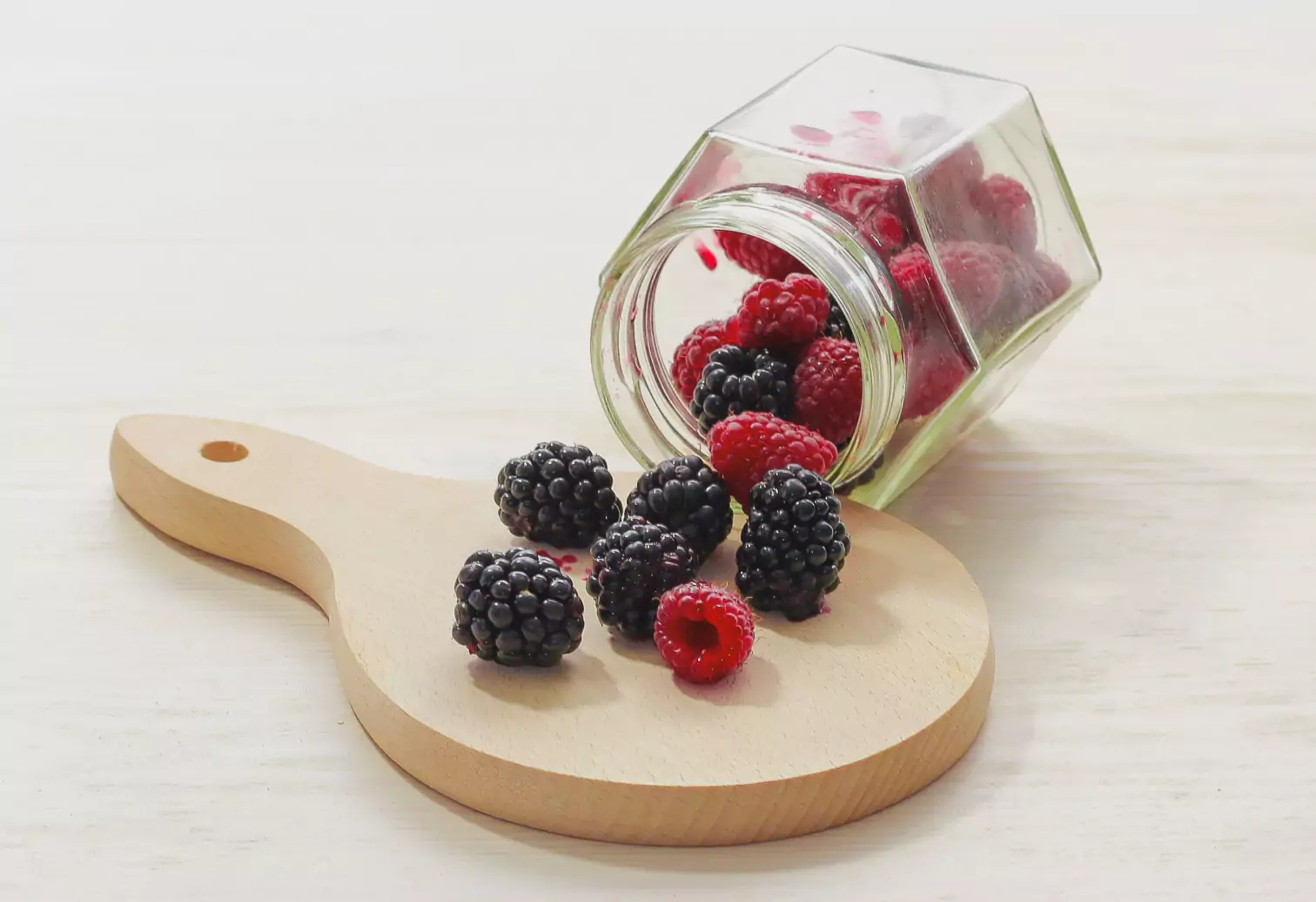9 Diet Tips That May Help You Manage Spring Allergies

Key Takeaways
The trees are blooming, the flowers are out, and the weather is finally warming up. That can mean just one delightful thing—spring is in the air! But while we enjoy warmer weather and longer days, some people may suddenly experience itchy eyes, blocked nasal passages, hives, and uncontrollable sniffles. This time of year is also rife with allergens like pollen, giving some people all the symptoms of seasonal allergies.
Before you resign yourself to a season of sniffles and sneezes, consider what you can do to help ease your symptoms. You can stock up on antihistamines, increase your intake of helpful supplements like magnesium and consult your doctor for more targeted allergy treatments.
And you can also consult a registered dietitian to modify your diet to make dietary changes to help you manage your allergic responses during spring. Take a look at why it matters and what foods you can add to your diet to ease your symptoms.
Why Your Diet Matters

Many people experience seasonal allergies throughout the year, especially in spring, because of all the pollen in the air. While over-the-counter medications can help, they're not always enough. Some allergy medications may interfere with other medicines you’re taking. Others can be rough on your stomach if taken over a long period.
Using your diet to help control your allergies is a great way to naturally ease and prevent symptoms without putting your body through the process of breaking down medications. So if you're looking for a more holistic approach to allergy relief, focusing on your diet is a great first step. There’s no one-size-fits-all when it comes to healthy diets, but certain foods may help tame seasonal allergies while others may make them worse for some.
{{rich-text-cta-wl2="/style-guide"}}
Best Foods for Your Springtime Allergies
According to the Centers for Disease Control and Prevention (CDC), approximately 60 million Americans are affected by seasonal allergies every year. Symptoms can range from mild annoyances to downright debilitating ones.
Most people don’t consider that you can help treat your allergies by simply changing small things about your diet. Here are a few of the best foods to help your immune system deal with those pesky spring allergies:
1) Ginger

Ginger is a natural anti-inflammatory that may help reduce the symptoms of hay fever and other types of allergies. In addition, ginger can help boost your immune system, which can be helpful to treat allergies as well as prevent future attacks.
Recent studies have shown that ginger can be an effective anti-inflammatory phytochemical agent. It also contains antioxidative compounds, and both help reduce the symptoms of seasonal allergies.
2) Local Honey and Bee Pollen

Bee pollen seems like an unusual treatment for seasonal allergies. Still, there is some scientific evidence to suggest it may help. It contains a variety of proteins, minerals, and vitamins that are antimicrobial, antimutagenic, antioxidant, and anti-inflammatory. All of them can help provide relief from allergy symptoms.
Bee pollen is also a natural antihistamine and can help relieve allergy symptoms. It's a safe and effective treatment that can be used with other therapies, such as prescription medications or over-the-counter remedies.
Local honey has been used to treat seasonal allergies for centuries. By consuming small amounts of locally-produced honey, you can build immunity to the pollen in your area.
3) Fatty Fish

While many people think of fish as healthy food, fatty fish like salmon, sardines, and tuna are especially beneficial for those with seasonal allergies. The omega-3 fatty acids in these fish can help reduce inflammation and improve symptoms of seasonal allergies.
In addition, vitamin D in fatty fish can also play a role in allergy relief. And omega-3 fatty acids can also help to boost your immune system, making you less susceptible to developing some allergies.
4) Onions

Onions are often used in home remedies for a variety of different illnesses. But did you know that eating onions can also help treat seasonal allergies?
Believe it or not, onions are especially effective at blocking histamines, which are the chemical substances responsible for many allergy symptoms.
5) Citrus

The next time you’re feeling under the weather due to seasonal allergies, reach for a juicy orange or grapefruit. They’re not a magic cure, but citrus fruits are one of nature's most effective remedies for seasonal allergies. They contain natural antihistamines, help reduce inflammation and fight off infection.
Citrus fruits are high in vitamin C, essential for a strong immune system, and a natural antihistamine. So it can help to relieve the sneezing, itching, and runny nose, which are some of the most common allergy symptoms.
6) Turmeric

Turmeric is a spice used in Indian cooking and Ayurvedic remedies for centuries. It has many health benefits, including fighting inflammation and improving brain function. A recent study even found that it can help reduce the risk of Alzheimer's disease.
Recent studies have shown that turmeric can be an effective natural treatment for seasonal allergies. Curcumin, the active compound in turmeric, has anti-inflammatory properties that can help treat allergy symptoms.
7) Tomatoes

Tomatoes are not only nutritious food, but some believe that they also help to treat seasonal allergies because of their anti-inflammatory properties. Seasonal allergies are caused by allergens in the air, such as pollen. One popular method for treating seasonal allergies is to eat local tomatoes.
In addition, tomatoes are high in vitamin C, folate, and potassium, which help boost your immune system.
8) Berries

If you're looking for a natural way to treat your allergies, consider eating berries. Berries are rich in antioxidants and anti-inflammatory compounds, which can help alleviate allergy symptoms. It's because berries contain quercetin, which is a natural antihistamine.
Allergic reactions release histamines, leading to symptoms like a runny nose, watery and itchy eyes. Quercetin can help to reduce these symptoms. So, start adding a handful of strawberries, blueberries, raspberries, or blackberries to your diet!
9) Eggs

Eggs are a great source of protein and can help to improve your overall health. Additionally, eggs are a good food choice for those with allergies, as they are low in allergens. Studies have shown that eating eggs can help reduce the severity of allergy symptoms due to the vitamins they contain that help your body become healthier and stronger. Eggs are a good source of vitamin A and B vitamins, along with selenium and iodine.
Additionally, one egg yolk contains approximately 40 IUs of vitamin D. Vitamin D is a key component in immune system function and strength.
Find the right Nutrisense programto turn insight into progress.
Go Beyond Glucose Data with Nutrisense
Your glucose can significantly impact how your body feels and functions. That’s why stable levels are an important factor in supporting overall wellbeing. But viewing glucose isn't enough. Nutrisense, you’ll be able to learn how to use your body's data to make informed lifestyle choices that support healthy living.
One-to-one coaching
Sign up to access insurance-covered video calls to work with a glucose expert: a personal registered dietitian or certified nutritionist who will help tailor your lifestyle and diet to your goals.
Monitor and measure what matters
With the Nutrisense CGM Program, you can monitor your glucose with health tech like glucose biosensors and continuous glucose monitor (CGM)s, and analyze the trends over time with the Nutrisense App. This will help you make the most informed choices about the foods you consume and their impact on your health.
Find your best fit
Ready to take the first step? Start with our quiz to find the right Nutrisense program to help you take control.

Cheri is a registered dietitian and Health Co-Ordinator Product Development at Nutrisense, with a Master's degree from the University of Utah in Integrative Physiology and Nutrition. She has a strong interest in functional and integrative nutrition and emphasizes the importance of exploring and using your own body (symptoms, energy, mood, labs, CGM data) to find what your personal optimal is.




